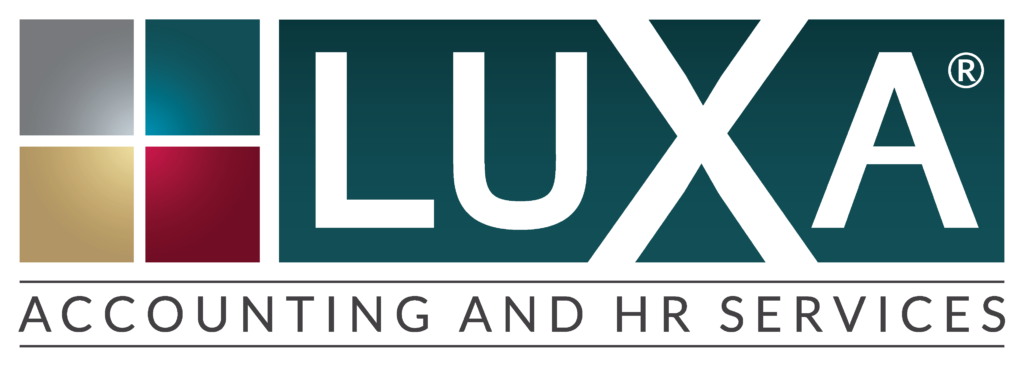
If you are like many business owners, you’d rather have a root canal than deal with keeping financial data current. There are never enough hours in the day to get things done anyway. Why waste time on bookkeeping? Unfortunately, accounting tasks are a daily part of doing business. If you don’t do them daily, they stack up to the point that it takes an entire weekend to get caught up.
What you need is a rhythm to your bookkeeping. For example, update your financial data with your first cup of coffee. Setting a time to do each task makes it easier to complete. Before you know it, tackling accounting tasks will be a habit. So, what are the tasks you should do every day?
Daily Bookkeeping Tasks
Divide your bookkeeping tasks into those you should do every day, and those you can do once a week. For example, paying bills doesn’t need to be a daily task as long as you’ve planned out your payments, so they are not late. Here are three accounting tasks you should complete each workday.
#1 – Check your Financial Position
You should look at your financial position at the start of each day. Exactly how easy that is, depends on your accounting software. If you use accounting software, you may be able to tie your business accounts to the software. To get an accurate financial position, link all deposit accounts, including PayPal or other online payment services, to the software. If you accept credit or debit card payments, tie your merchant settlement account as well.
If your accounting software can connect to your accounts, view the updated financial position at the start of each day. Take a few moments to check for any unusual activity. It is much easier to correct an error when it happens.
If your accounting software only connects to a few of your accounts, find a way to consolidate the information in a single location. That’s the only way you can know your cash position at the start of each day. If you don’t know how much money you have, it’s hard to make informed financial decisions.
#2 – Keep Track of Sales Inventory
If your company sells products, you need to track how much of each item you have on hand. Many accounting packages tie an inventory module to their sales module. When an item is sold, the software automatically removes it from inventory. If your software does not, you will need to track how many of each product is sold.
To keep an accurate sales inventory, you need to record all items as you receive them. Some accounting software adds inventory modules you can use to record when items are received. If you don’t have an automated method for tracking inventory, you will need to develop a process for adding and removing items from inventory. You can’t make decisions on what products to buy or when to offer a discount if you don’t know when a product was received or how many you have in stock.
#3 – Make Deposits
Don’t leave checks uncashed or cash undeposited. Every day deposit any cash into your business account. Most financial institutions accept cash deposits at ATMs or through night depositories. If you are depositing cash, add any checks to the deposit.
If you are only depositing checks, consider using your bank’s mobile app. It saves you a trip to the bank, and it gets money into your business account as quickly as possible. If your software automatically updates the balances in your accounts, the deposits should be reflected the next business day.
If you use online payment services or have a merchant settlement account, be sure to move funds out of those accounts and into your primary business account. Keeping as much of your revenue in one place makes it easier to determine your cash flow.
Optional Daily Bookkeeping Tasks
If three accounting tasks push you to the limit, consider performing the following tasks on a weekly, rather than daily, basis. Although it would be best to complete these daily, once a week is better than putting them off.
Pay Bills
Since most vendors invoice on a NET 30 or NET 60 days, you don’t need to rush to pay a bill the moment it comes in. Instead, look at the invoice to see if discounts apply for early payment. Check for billing errors. Then, schedule a payment, either through your accounting software or your online bill pay software. Just make sure you have funds in the accounts when the payments are scheduled.
Reconcile Transactions
Reconciliation means matching transactions in your accounting software with transactions on your bank accounts, your credit cards, and your merchant settlement account. It may include any online services such as PayPal. The basic process is to match the transactions recorded in the accounting package with transactions recorded at your financial institutions. If a transaction appears in both places, it is considered reconciled.
Typically, you mark the transaction in the account package as matched. Any unmatched transactions are carried over into the next day. Daily or weekly reconciliation makes it easier to locate discrepancies in transactions and makes month-end reconciliation go much faster.
Review Timesheets
Checking employee timesheets is an excellent habit to get into. It doesn’t matter if your payroll is semimonthly, or monthly reviewing timesheets lets you see the status of your upcoming payroll well in advance. The early review enables you to identify the possibility of unauthorized overtime pay. Whether the overtime is authorized or unauthorized, you may be required to pay for the overtime, if the employee worked those hours.
Save Documentation
Not everyone is ready for a fully digitized office. If you are one of them, be sure to file all documentation that supports your transactions. A better option is to scan your records. Scanned records take up less space than their paper equivalents and can be backed up to ensure against possible loss. Speaking of backing up your data. Be sure you do that at least once a week, if not daily.
For small businesses, bookkeeping is an essential, but overwhelming, task. You may want to consider bookkeeping services. Using a service means you have time to do what you do best. Contact us to schedule a consultation so you can get back to growing your business.


